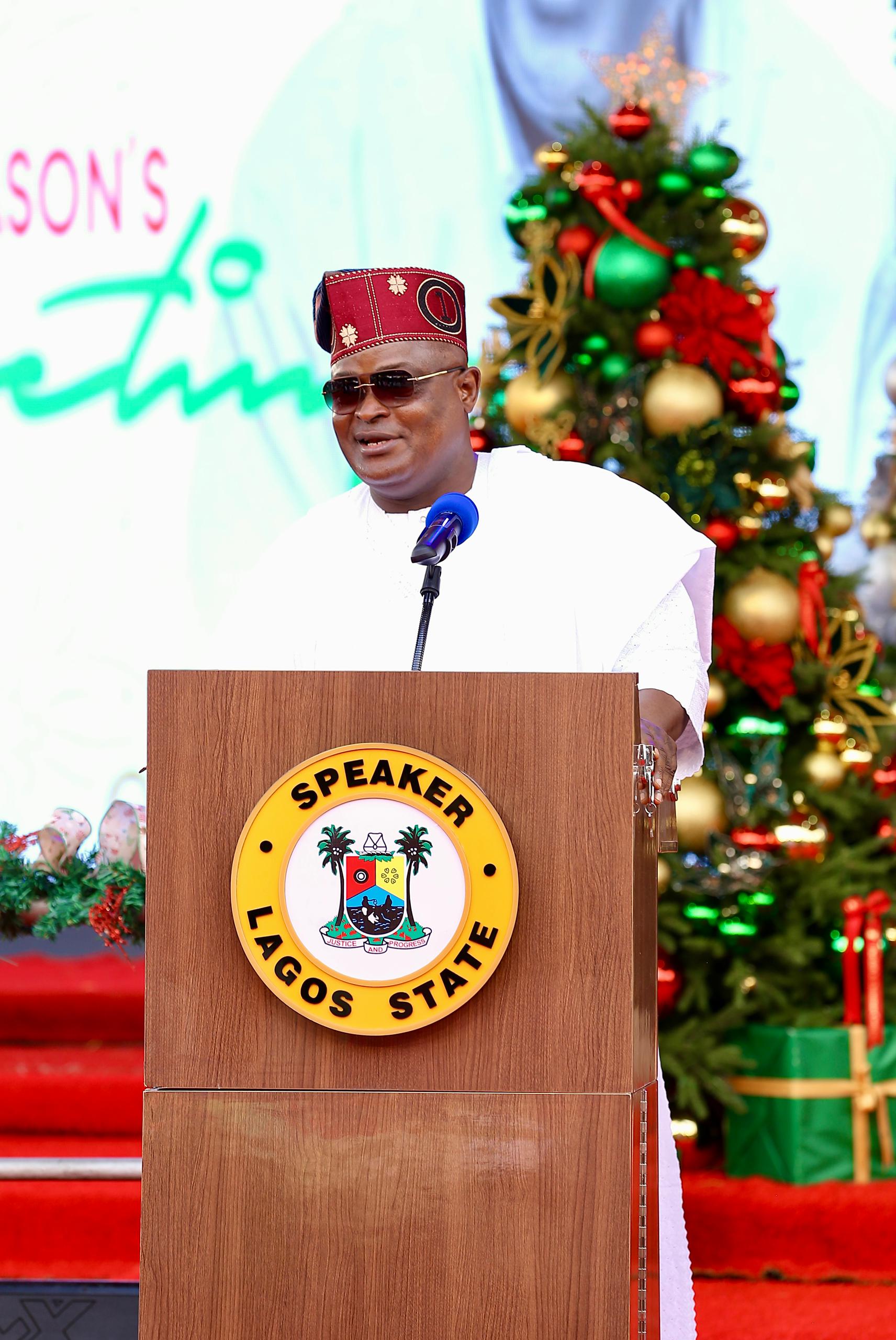NNPC explains why the Port Harcourt Refinery is yet to begin operations, citing challenges in the brownfield rehabilitation process and continued delays.
[dropcap]T[/dropcap]he Nigerian National Petroleum Corporation (NNPC) has provided an explanation for the continued delay in the completion of the Port Harcourt Refinery, which was expected to be operational by September 2024.
Olufemi Soneye, NNPC’s Chief Corporate Communications Officer, acknowledged the challenges faced during the rehabilitation of the refinery, attributing them to the complexities of the brownfield project.
Also read: NNPC remains sole off-taker of petrol from Dangote refinery despite FG’s directive
Speaking in an interview on Monday, Soneye confirmed that while the mechanical completion of the Port Harcourt Refinery was achieved several months ago, unexpected risks and challenges had slowed down the commissioning process.
“We encountered unforeseen risks and challenges,” Soneye explained. “However, the issues have since been resolved, and commissioning activities have resumed.”
Despite efforts to speed up the project, NNPC refrained from providing a new timeline for the refinery’s completion after several missed deadlines.
This marks the seventh failed deadline for the facility, which has been out of operation for several years. Soneye assured that work on the project is continuing around the clock to ensure successful completion, but refused to give a specific completion date, simply stating, “Shortly.”
The refinery, located in Nigeria’s oil-rich Niger Delta region, has been a source of hope for Nigerians hoping that local refining could drive down fuel prices.
The plant, which has been in operation since 1965, has deteriorated over the years. In March 2021, the government took out a $1.5 billion loan for its renovation, yet the contractor overseeing the work, Maire Tecnimont SPA, has been unable to provide a definitive timeline for the project’s completion.
The delay in the refinery’s restoration is not the first time NNPC has failed to meet expectations. Previous promises made by the Federal Ministry of Petroleum Resources and NNPC have repeatedly fallen short.
After the failure of the sixth deadline in early August, the then NNPC Chief Financial Officer, Umar Ajiya, assured that operations would commence in September 2024. However, the deadline passed with no further updates from the corporation.
In response to a Freedom of Information request from human rights lawyer Femi Falana, Maire Tecnimont’s legal representative, Muyiwa Ogungbenro, declined to reveal the refinery’s completion date.
Ogungbenro argued that as a private contractor, the company was not required to disclose such information under the FOI Act.
As a result of the ongoing delay, NNPC has continued to import refined fuel, despite the government’s hopes for self-sufficiency through local refining.
The refinery’s current status only adds to the frustration of Nigerians, who have long awaited the benefits of cheaper fuel from domestically refined products.
Despite this, NNPC has reaffirmed its commitment to completing the refinery project. The Group Chief Executive Officer of NNPC, Mele Kyari, had previously stated that by the end of 2024, Nigeria would be a net exporter of petroleum products, and that the Port Harcourt Refinery would be fully operational by August 2024. However, this promise, like many others, has not materialised.
The continued delays in the refinery’s operations highlight broader issues in Nigeria’s oil sector, where aging infrastructure and mismanagement have hindered progress for years.
The Port Harcourt Refinery, with a capacity of 210,000 barrels per day, was originally expected to refine 60,000 barrels per day after its initial rehabilitation phase.
However, the facility’s failure to meet operational targets continues to frustrate hopes for reducing Nigeria’s reliance on imported fuel and boosting its domestic refining capacity.
























